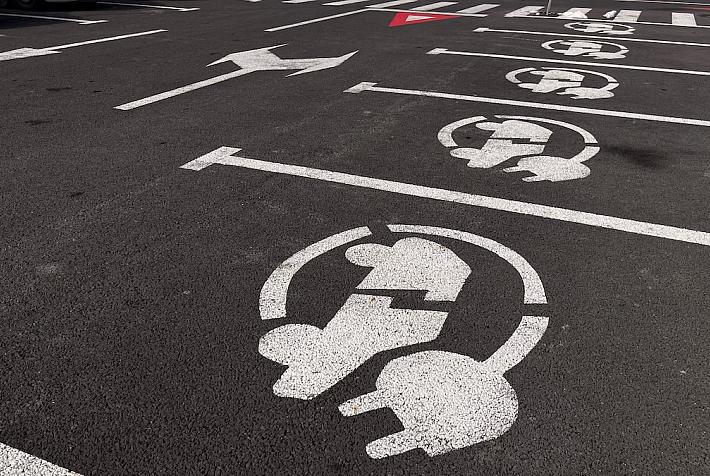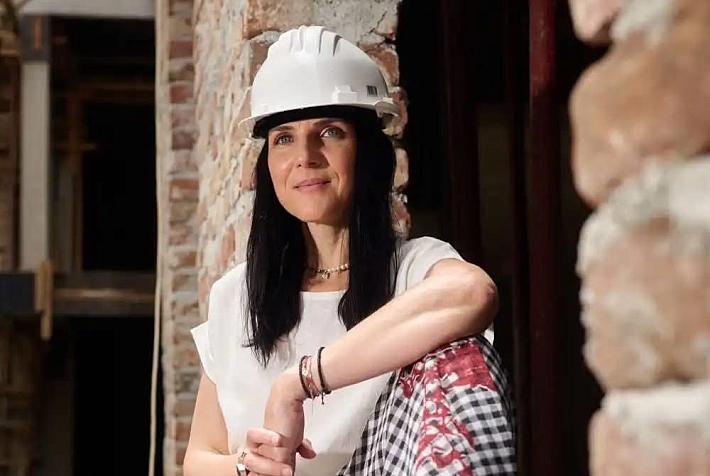Romanian courts start ruling house arrests: former Romanian boxer gets to serve preventive arrest at home

Soon after the enactment of the new Criminal Code, which introduces, among other measures, the house arrest possibility, a local court decided to replace the 30-day preventive arrest with a 30-day house arrest.
The measure, popular in other countries as it prevents prisons from getting too crowded, was applied for the former Romanian boxer and former president of the Romanian Boxing Federation Rudel Obreja.
He was first taken into custody for 24 hours, then arrested fore 29 days in February this year, after allegedly taking EUR 1 million from a whistle-blower, and pretending he could influence judges to keep him out of jail. After serving his first 29 days in arrest, prosecutors asked for the period to be prolonged, but the court decided to switch to home arrest.
Obreja was already released from arrest, and taken to his home, which he is not allowed to leave for 30 days, without a prior court decision. He has to appear in front of prosecutors or judges every time he is asked.
Unlike in other countries where those serving house arrest time have to wear an electronic monitoring device at all times, in Romania, surveillance is made by the Police, via the newly established offices of judiciary surveillance. Police representatives are worried that, given an increasing number of house arrests, they will be outnumbered and will not be able to properly check up on those under house arrest.
They argue that the monitoring devices that are usually strapped on the ankle in case of house arrest would come in handy in Romania, especially in various regions of the country, where the arrested person's home is outside the county capital, where the surveillance office is generally headquartered.
editor@romania-insider.com












